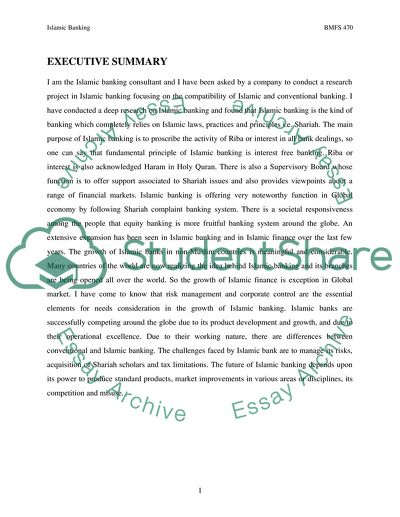Cite this document
(Islamic Banking Systems Research Paper Example | Topics and Well Written Essays - 3750 words, n.d.)
Islamic Banking Systems Research Paper Example | Topics and Well Written Essays - 3750 words. Retrieved from https://studentshare.org/marketing/1724254-islamic-banking-project
Islamic Banking Systems Research Paper Example | Topics and Well Written Essays - 3750 words. Retrieved from https://studentshare.org/marketing/1724254-islamic-banking-project
(Islamic Banking Systems Research Paper Example | Topics and Well Written Essays - 3750 Words)
Islamic Banking Systems Research Paper Example | Topics and Well Written Essays - 3750 Words. https://studentshare.org/marketing/1724254-islamic-banking-project.
Islamic Banking Systems Research Paper Example | Topics and Well Written Essays - 3750 Words. https://studentshare.org/marketing/1724254-islamic-banking-project.
“Islamic Banking Systems Research Paper Example | Topics and Well Written Essays - 3750 Words”, n.d. https://studentshare.org/marketing/1724254-islamic-banking-project.


